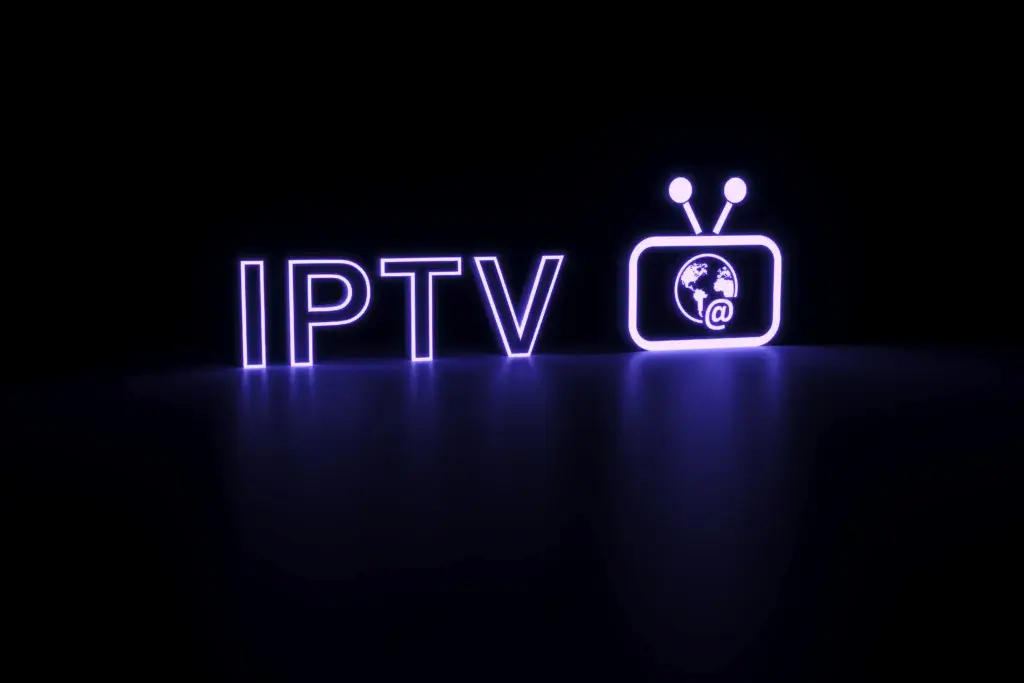
Internet Protocol Television: A revolution in digital television
IPTV is changing the way we consume media by bringing a variety of content directly to our screens via the internet. This article explores the intricacies of IPTV, its benefits and how it differs from traditional television services.
Introduction
Internet Protocol Television, better known as IPTV, is revolutionizing television and media consumption. As a modern alternative to cable and satellite television, IPTV uses internet protocols to deliver television content. This method offers a more versatile and interactive viewing experience. In this comprehensive guide, we will explore the world of IPTV, examining its technology, benefits and future prospects.
What is Internet Protocol Television?
Internet Protocol Television (IPTV) is a system in which television services are delivered over a packet-switched network such as the Internet using the Internet Protocol suite. This is in contrast to conventional television formats where programs are delivered via terrestrial, satellite or cable television formats.
IPTV makes it possible to transmit television content as digital data packets, which increases efficiency and includes a variety of interactive services such as video on demand (VOD) and live streaming.
How does IPTV work?
IPTV works by converting traditional broadcast signals into digital data and transmitting them over the Internet. This process involves several steps:
- Content procurementCollect content from various sources.
- CodingConvert content into a digital format.
- StorageSave content on servers.
- StreamingProvide content to users via the Internet.
This method efficiently provides high-quality videos and interactive functions.
Types of IPTV services
IPTV services can generally be categorized into three main types:
- Live televisionStreaming of live TV programs while they are being broadcast.
- Video on Demand (VOD): Allow users to select and view video content at will.
- Time-Shifted TV: allow users to watch previously broadcast television programs at a later time.
Each type offers unique advantages and is aimed at different viewing habits.
Advantages of IPTV
Switching to IPTV offers numerous advantages over traditional television services. One of the biggest advantages is the cost savings, as IPTV services usually have lower subscription fees than cable or satellite TV. In addition, IPTV offers greater flexibility because content can be viewed on different devices such as smart TVs, computers, tablets and smartphones. Users can personalize their viewing experience and enjoy interactive features that are not available on traditional services. Thanks to modern technology, IPTV services can also provide excellent video quality with minimal buffering.
Challenges and solutions in IPTV
Despite many advantages, IPTV also brings with it some challenges. High bandwidth requirements are necessary to ensure smooth streaming. Network overloads can lead to buffering problems and loss of quality. Providers also have to deal with licensing issues and legal aspects relating to digital content. To overcome these challenges, IPTV providers are continuously investing in infrastructure and technological advances.
IPTV vs. traditional television
A comparison of IPTV with traditional television formats reveals several key differences. While IPTV uses the internet to transmit content, traditional television services rely on broadcast signals. IPTV offers interactive features and a wider range of content through VOD services, making it a more modern and flexible option for viewers. The interactivity and personalization capabilities of IPTV set it apart from traditional formats and provide a more dynamic viewing experience.
The future of IPTV
The future of IPTV looks promising thanks to continuous technological advances. The introduction of 5G technology will improve streaming quality and reduce latency. Artificial intelligence is being used to improve content recommendations and the user experience. The increasing number of users switching to IPTV for convenience and cost savings shows that IPTV will continue to play a significant role in the television market. These trends indicate that IPTV will continue to evolve and dominate the television landscape.
Choosing the right IPTV service
Various factors should be considered when choosing an IPTV service. The service's library should offer a wide range of channels and on-demand content. Compatibility with preferred devices is also important, as is a user-friendly and intuitive interface. Reliable customer service is crucial to resolve any issues quickly. By considering these factors, users can find the IPTV service that best suits their needs.
Internet Protocol Television
Internet Protocol Television, often referred to as IPTV, is a groundbreaking system that is revolutionizing traditional television. By using the internet to transmit content, IPTV offers a flexible and customizable viewing experience that surpasses traditional broadcast methods. With a variety of interactive services, impressive video quality and an increasing focus on personalization, IPTV is an attractive alternative to traditional television formats.
FAQs
What is Internet Protocol Television (IPTV)?
IPTV is a system in which television content is transmitted via the Internet protocol instead of via traditional broadcasting methods such as cable or satellite.
What types of IPTV services are there?
There are three main types: Live TV, Video on Demand (VOD) and time-shifted TV.
What advantages does IPTV offer over traditional television?
IPTV offers cost efficiency, flexibility, personalization and high video quality.
What are the challenges of using IPTV?
The main challenges are bandwidth requirements, network congestion and legal issues relating to digital content.
How does IPTV differ from conventional television?
IPTV uses the Internet for transmission, offers interactive functions and a greater variety of content.
What does the future of IPTV look like?
With technological advances such as 5G and AI, IPTV will continue to grow and dominate the world of television.
Conclusion
Internet Protocol Television is an exciting development in the field of digital television. With its numerous benefits and innovative features, IPTV offers a modern and flexible alternative to traditional television formats. The continued technological development and growing popularity of IPTV suggests that it will play a significant role in the future. For viewers looking for a customizable, cost-effective and high-quality viewing experience, IPTV is the ideal choice.


